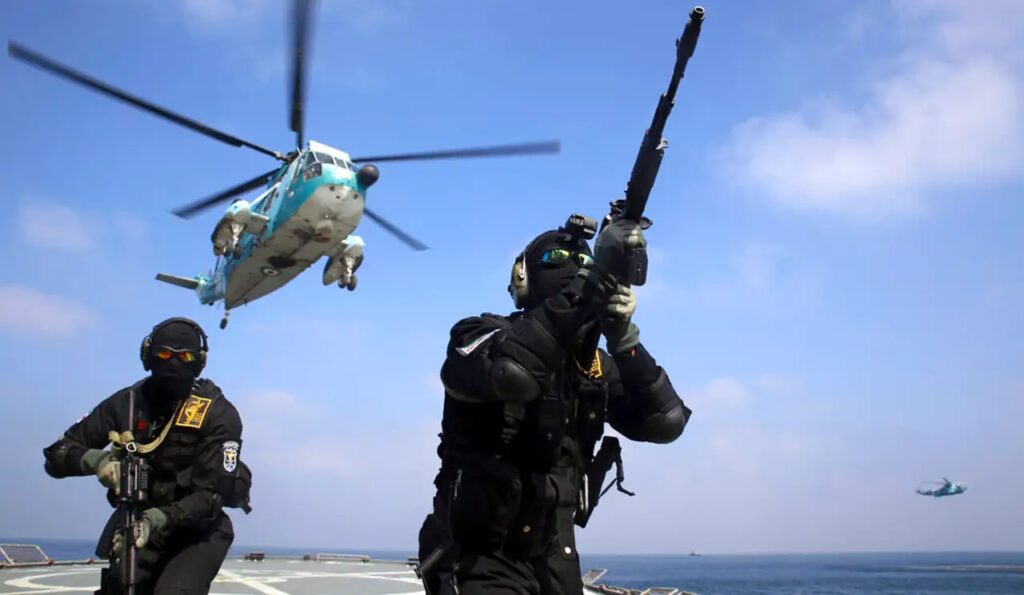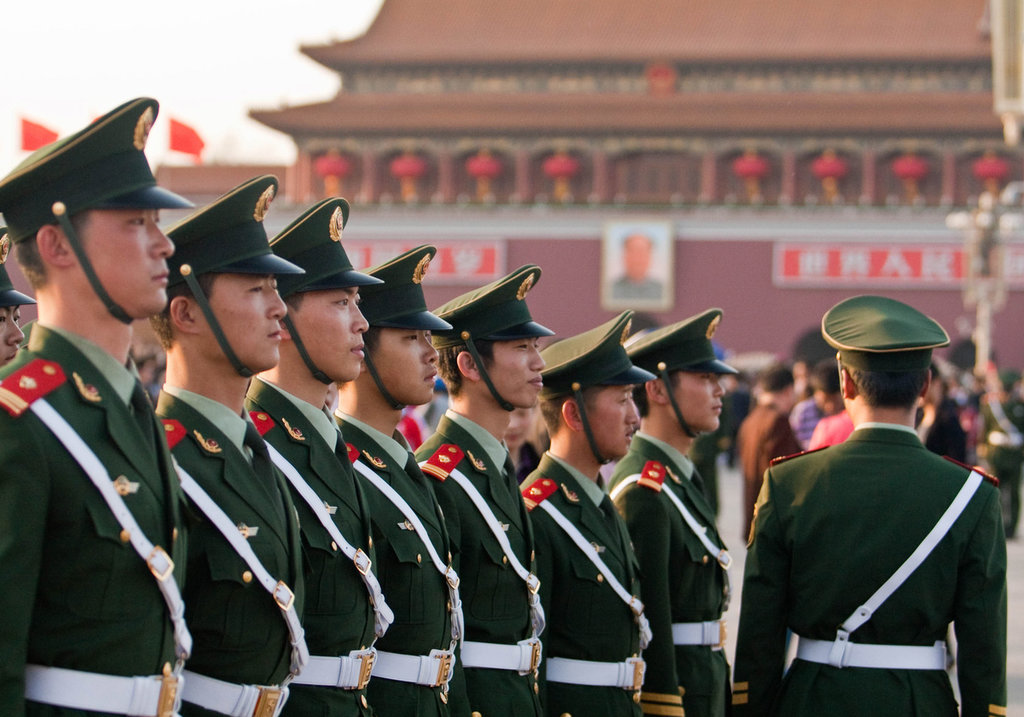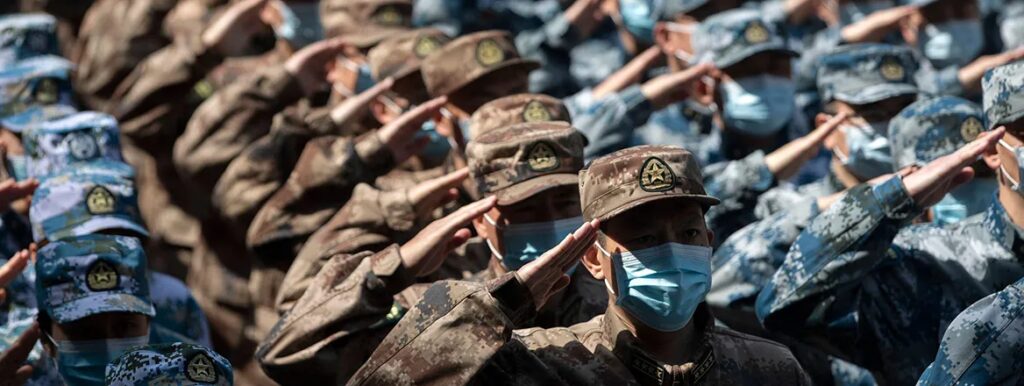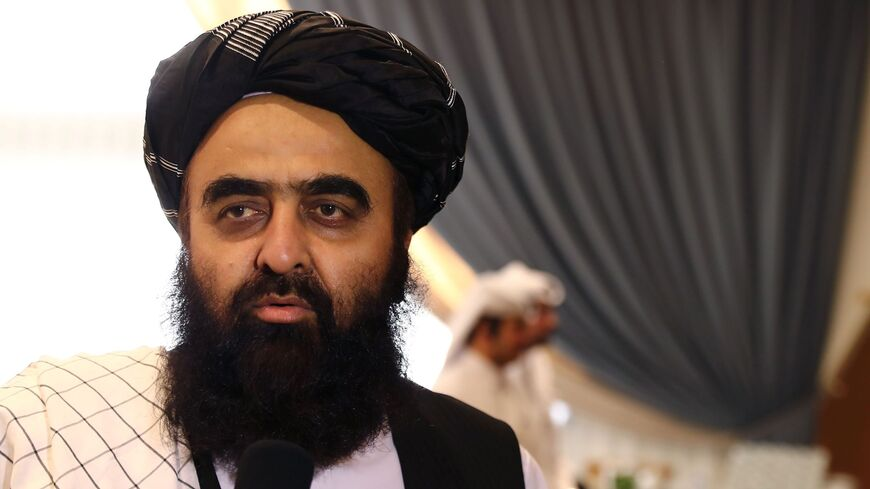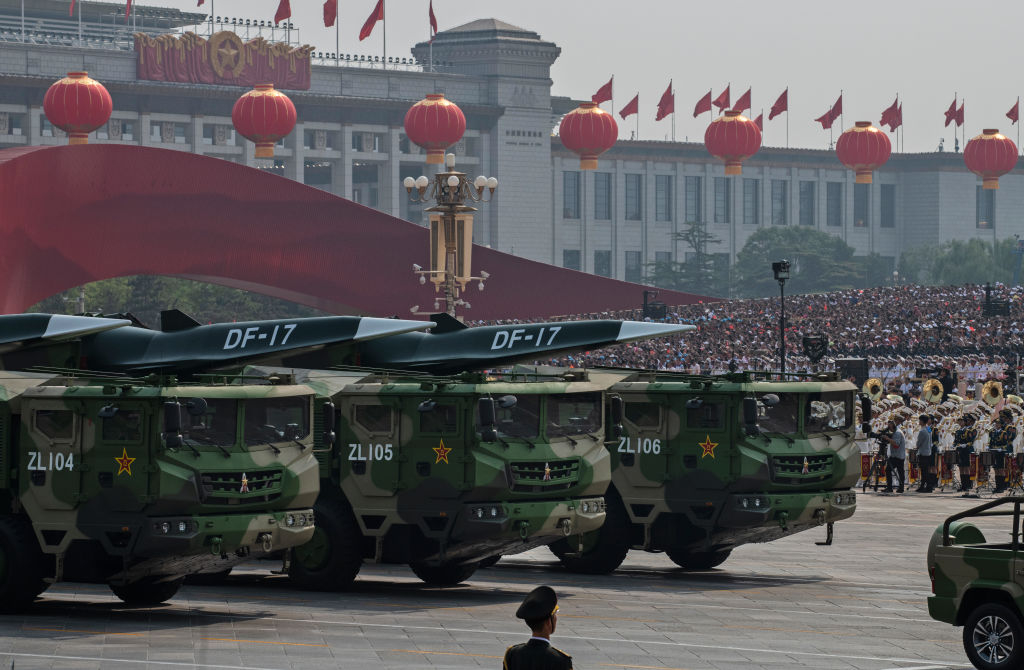All Of Us Remain Hostages to the Military-Industrial Complex
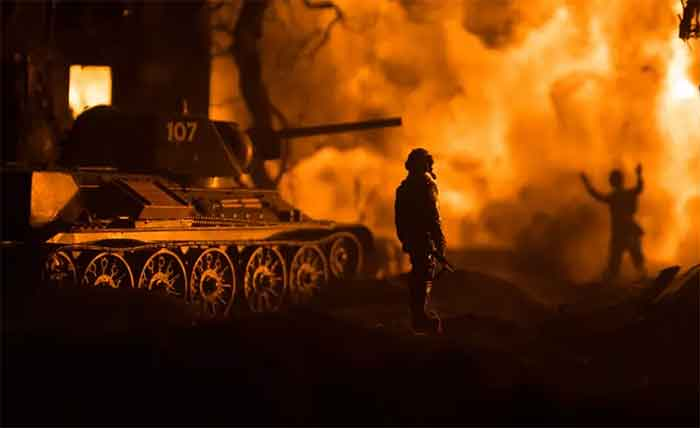
Do our “Defense Departments” really defend us? Absolutely not! Their very title is a lie. The military-industrial complex sells itself by claiming to defend civilians. It justifies vast and crippling budgets by this claim; but it is a fraud. For the military-industrial complex, the only goal is money and power. Civilians like us are just hostages. We are expendable. We are pawns in the power game, the money game.

